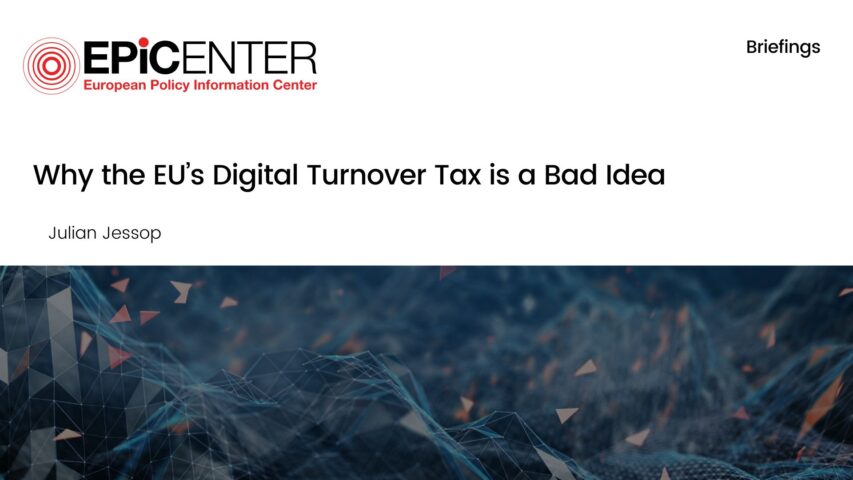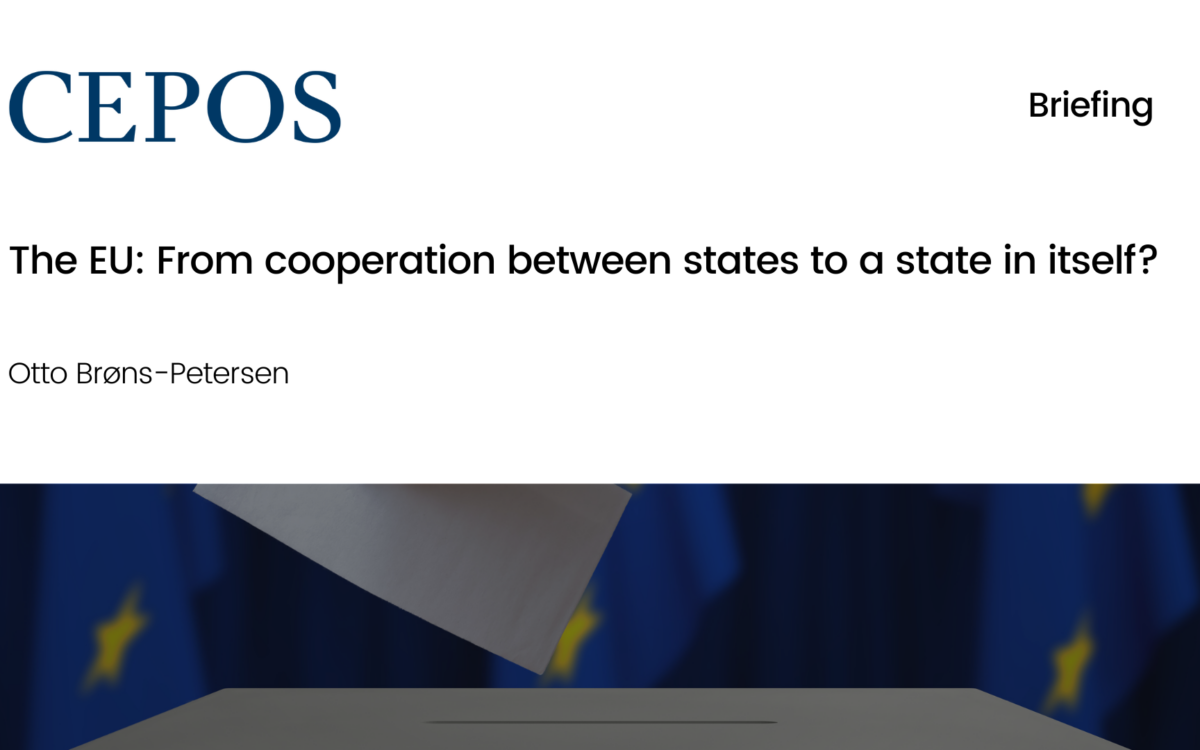Why the EU’s Digital Turnover Tax is a Bad Idea

Why the EU’s Digital Turnover Tax is a Bad Idea
September 2018
The European Commission has proposed a tax on revenues raised from certain digital activities. However, this is essentially a political gesture with only weak economic foundations.
The Commission starts from the presumption that digital companies are paying less than their fair share of tax, but there is little evidence to support this. The fact that a company does not have a physical presence in a country may be a perfectly good reason for it to pay less tax, because it is not making the same demands on taxpayer-funded public services or infrastructure.
The Commission’s proposals might tap into public hostility towards the tech giants, but the reality is that taxes are ultimately paid by people, not companies. Indeed, corporate tax is a particular bad tax. A truly radical reform would be to scrap it completely and replace it with a tax on the income distributed to shareholders.
Download or share this publication
View the PDF
EPICENTER publications and contributions from our member think tanks are designed to promote the discussion of economic issues and the role of markets in solving economic and social problems. As with all EPICENTER publications, the views expressed here are those of the author and not EPICENTER or its member think tanks (which have no corporate view).



